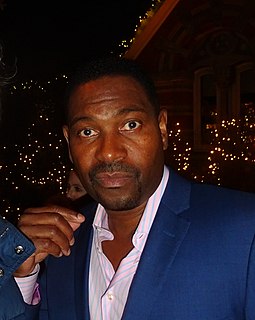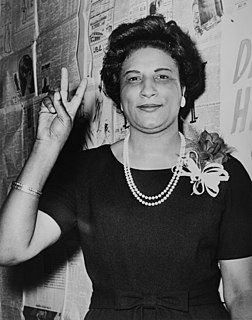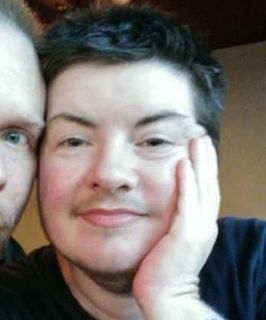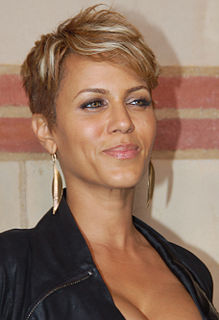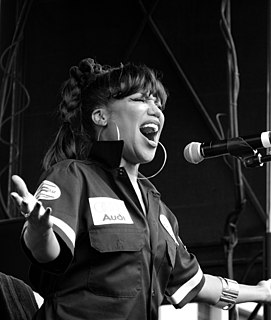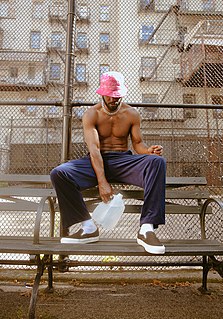A Quote by Jay McInerney
The definition of gumbo is almost as slippery as that of Creole. Just as gumbo can contain pretty much any kind of meat or seafood, Creole is a vague and inclusive term for native New Orleanians, who may be black or white, depending on whom you're asking.
Related Quotes
There is a place in America for diversity of views and opinions. I may cook my gumbo differently from you, but that does not make mine better. I may just use different ingredients. Politics has gotten so spicy, and we need to cool it down some. We may find that your recipe for gumbo is just as good.
Anyway, like I was saying, shrimp is the fruit of the sea. You can barbecue it, boil it, broil it, bake it, sautes it. There's, um, shrimp ka-bobs, shrimp creole, shrimp gumbo, pan-fried, deep-fried, stir-fried. There's pineapple shrimp, lemon shrimp, coconut shrimp, pepper shrimp, shrimp soup, shrimp stew, shrimp salad, shrimp and potatoes, shrimp burger, shrimp sandwich... That's, that's about it.
My own personal sound is really progressive. It's like a mixture of gospel, pop, neo-soul, R&B. It's like a huge gumbo. If you're eating gumbo you grab a whole like cup full of whatever. You're getting a whole bunch of stuff that makes this amazing food in your mouth. So that's essentially kind of like what my sound is.
My father was a dark-skinned brother, but my mother was a very fair-skinned lady. From what I understand, she was Creole; we think her people originally came from New Orleans. She looked almost like a white woman, which meant she could pass - as folks used to say back then. Her hair was jet-black. She was slim and very attractive.
One of the facets of growing up the way I did, I never had the experience of being solely in the black community. Even my family, my mother is what they call Creole, so she's part French, part black, and grew up in Louisiana. It's a very specific kind of blackness that is different than what is traditionally thought of as the black community and black culture. So, I never felt a part of whatever that was.



